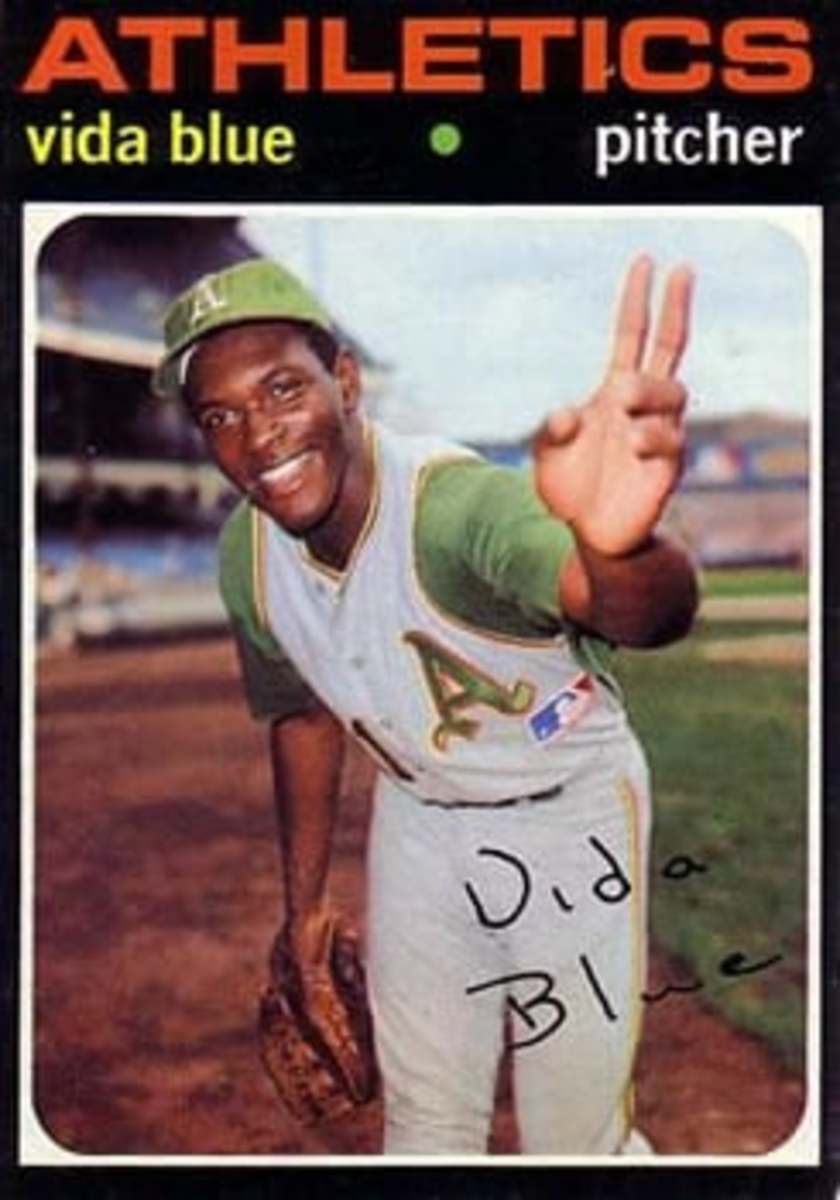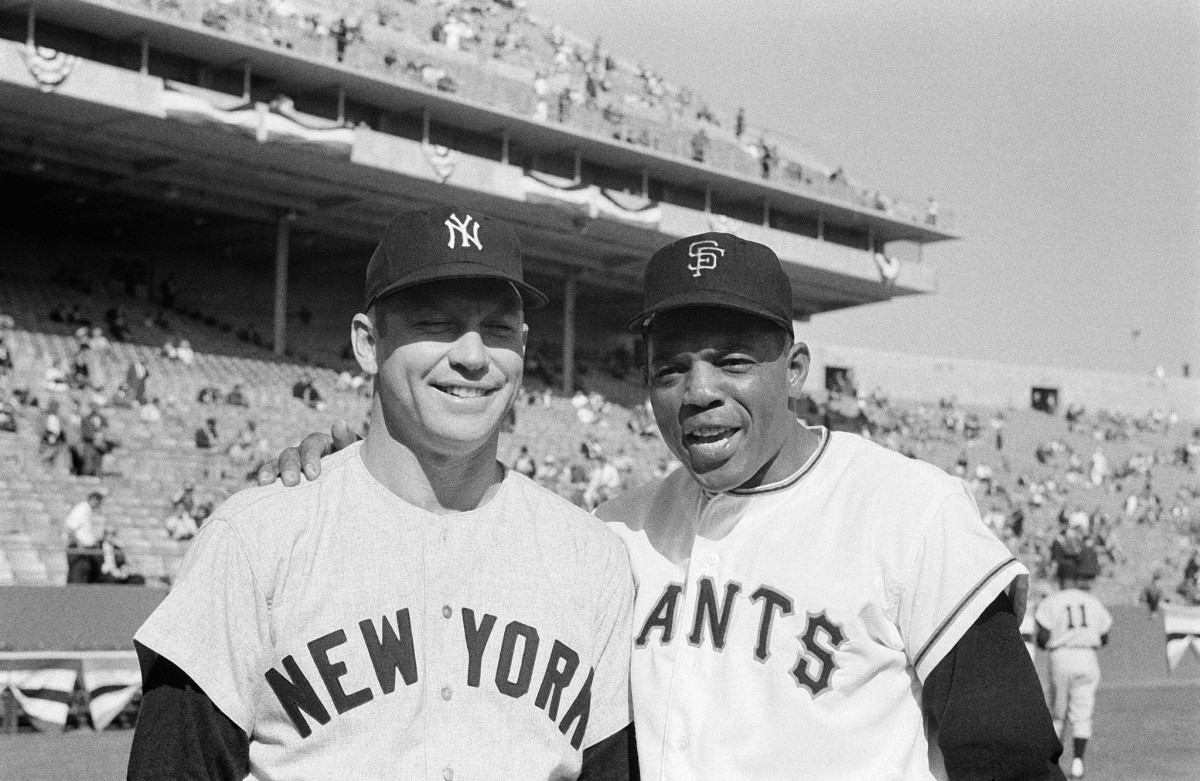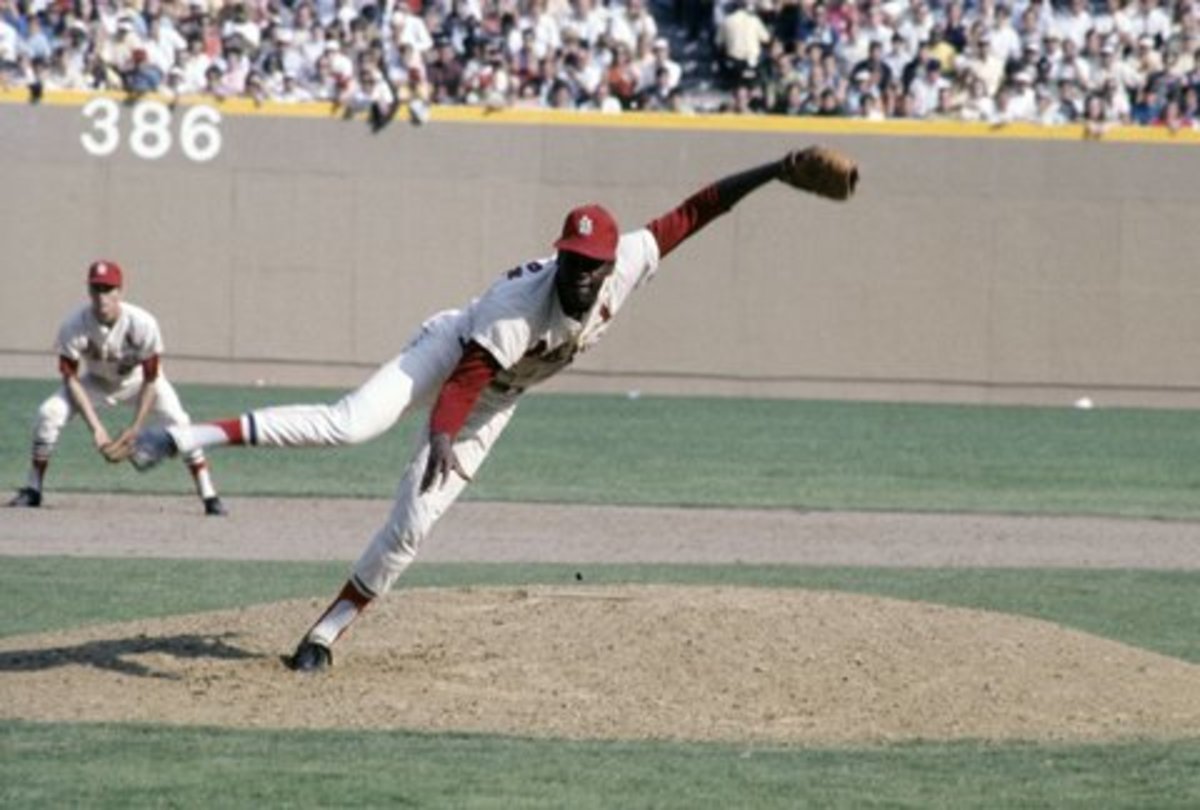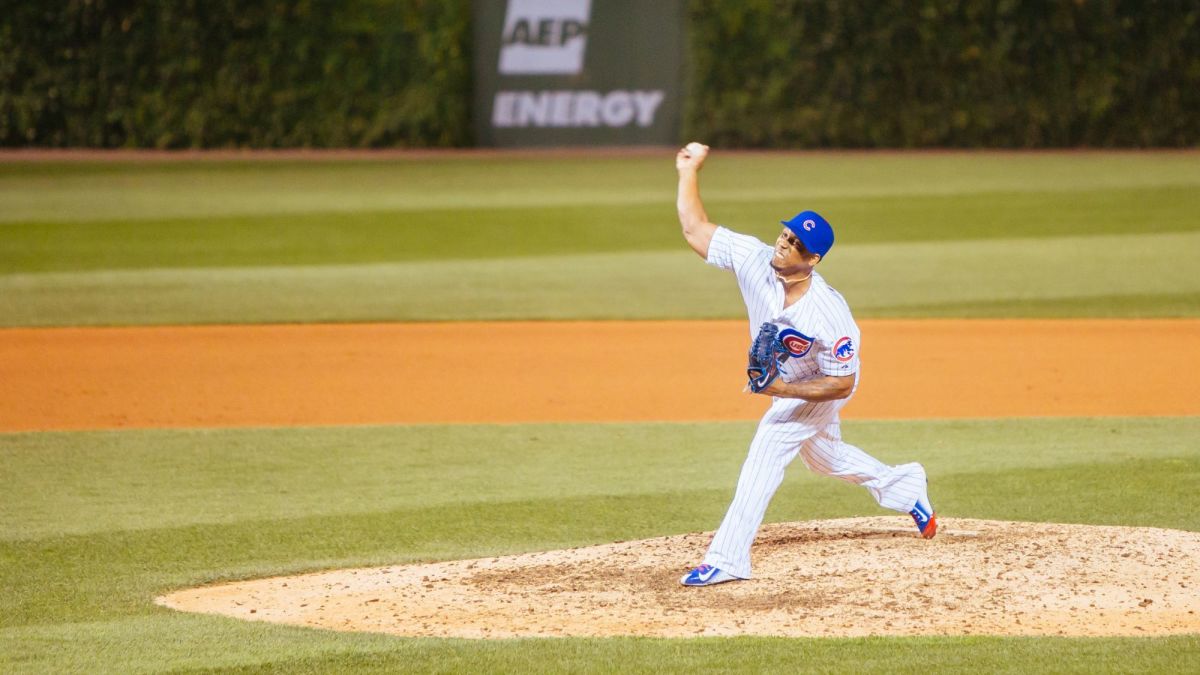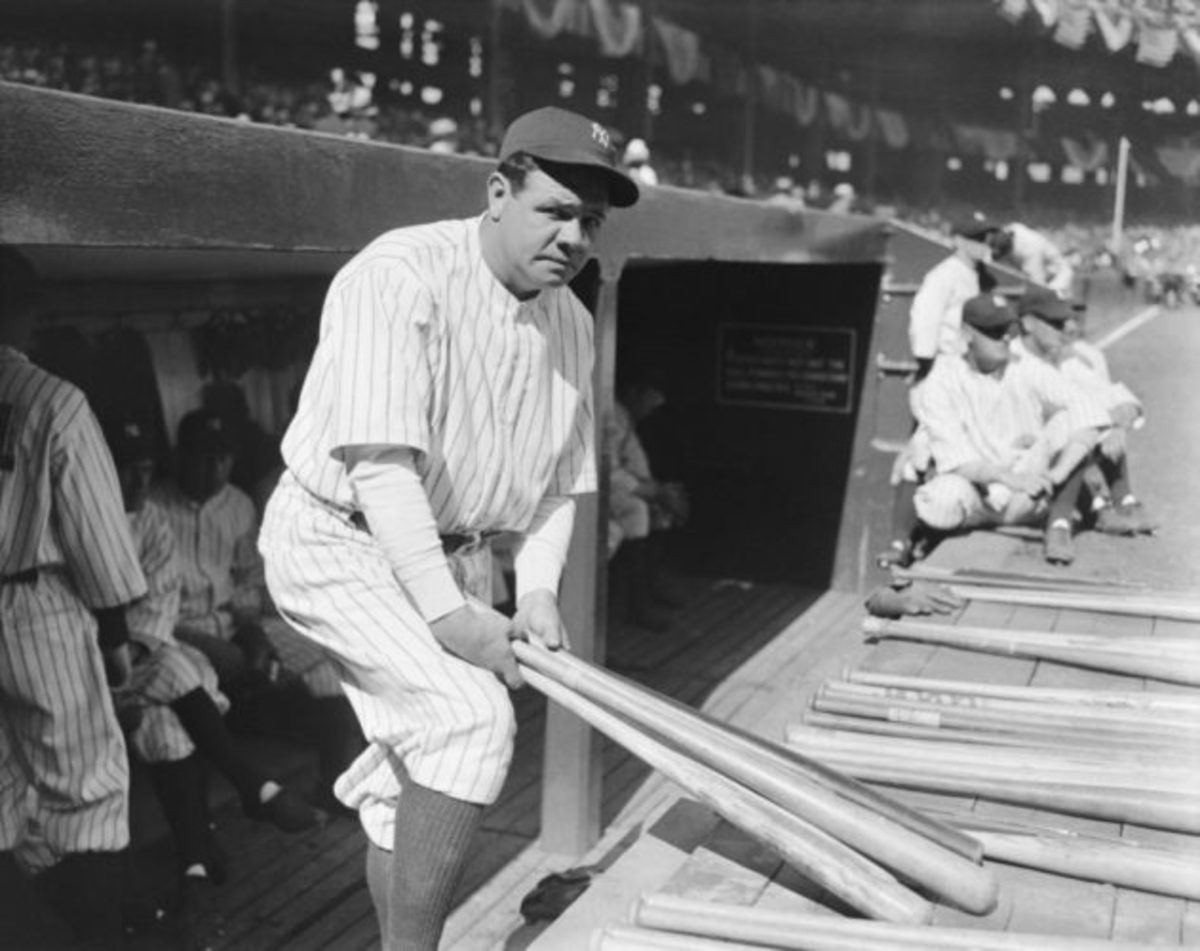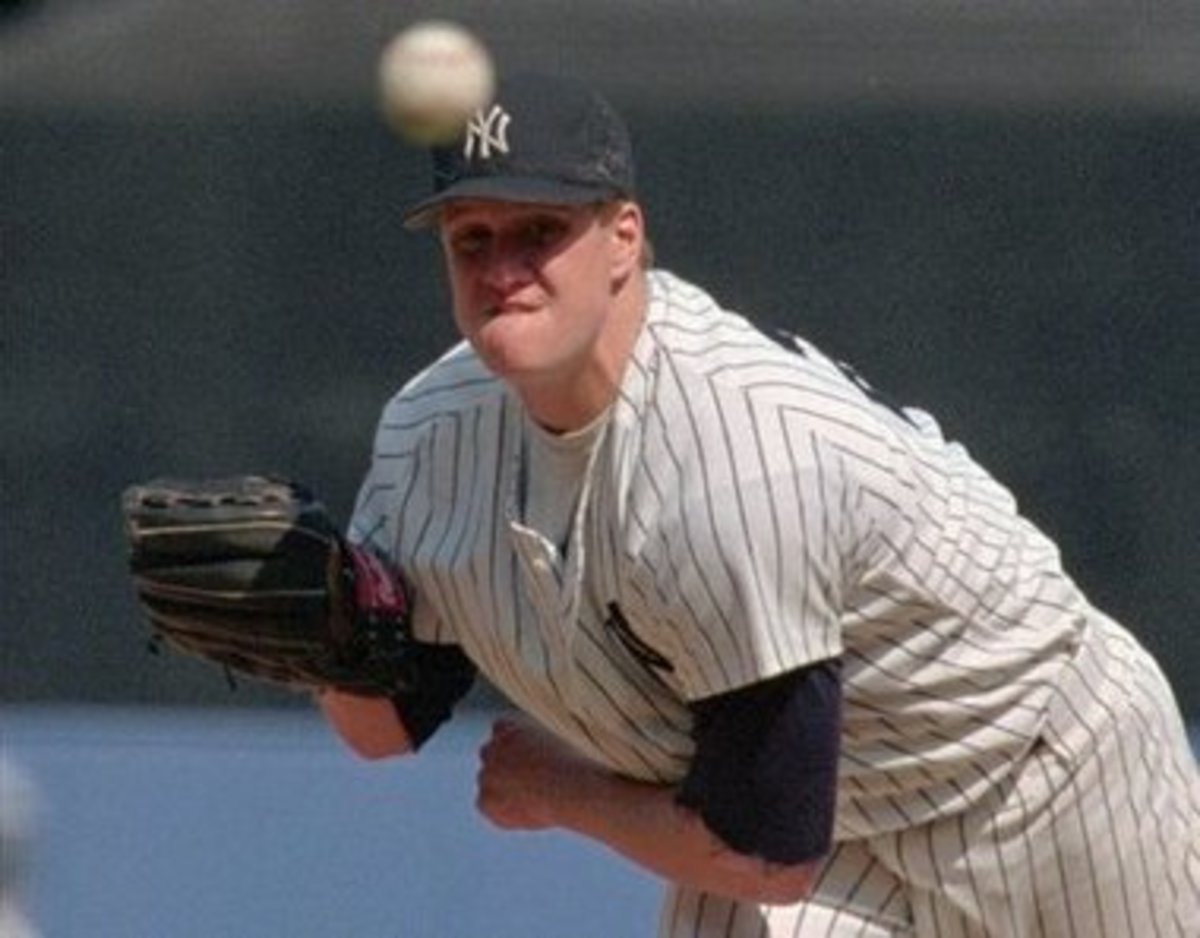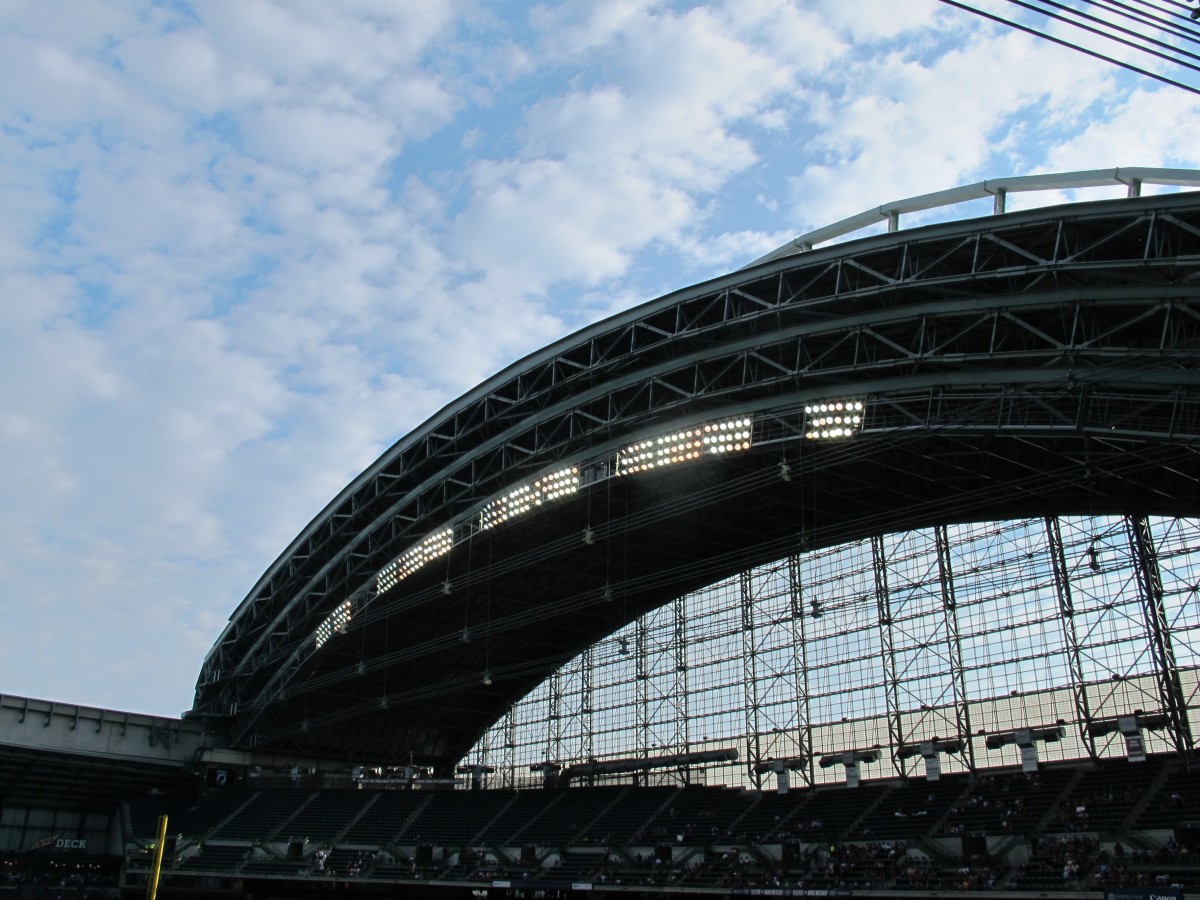- HubPages»
- Sports and Recreation»
- Team Sports»
- Baseball
How Major League Baseball Ruined the 2020 Season (and How They Can Fix It)
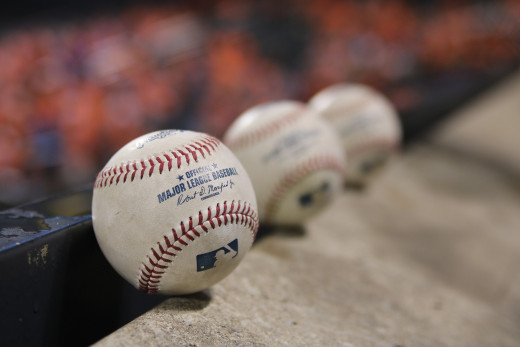
(Don't) Take Me Out to the Ballgame
Baseball fans rejoice as spring approaches. They mark their calendars with the day pitchers and catchers report to spring training, and then follow the progress of their team as they tune up in either Florida or Arizona. Then, the magic of Opening Day happens. It's like a ten year old's first trip to Disneyland. And it happens every spring. Except in the spring of 2020. That season was like pulling into the parking lot at Disneyland, only to find out that it is closed for fumigation.
The year 2020 is by no means a normal year. That year, a virus that was purported to be the death of us all and the end of civilization as we know it as making the rounds. To be sure, the COVID-19 virus is nothing to mess with, but it ends up it is not the second coming of the Black Plague. In knee-jerk reactions to prevent the illness from spreading, federal, state and local governments implemented draconian measures designed to ensure we all went stir crazy, and a not so crazy notion that many of the measures were meant to wreck an economy during an election year. No matter what you believe, there is one thing everyone agrees upon: we needed distractions from the constant media driven sky is falling melodrama.
Mistake #1
This was Major League Baseball's time to shine. With a population that was mostly trapped at home, viewership would have soared, and the fanbase swelled. But MLB, after decades of fending it off, has succumbed to the “Me Too” movement. Not to be confused with the #metoo movement, the “Me Too” affliction is wanting to be involved in every single social and national issue. The sport's first “Me Too” mistake was delaying the start of the season. Most would have understood not allowing fans to attend games held in crowded sports stadium. But MLB has the resources to develop ways to keep their players safe during the season, and play the national pastime when it is needed most. Instead, they punted; jumping on the bandwagon of organizations that wanted to demonstrate that they too, were doing something, even if it made little sense.
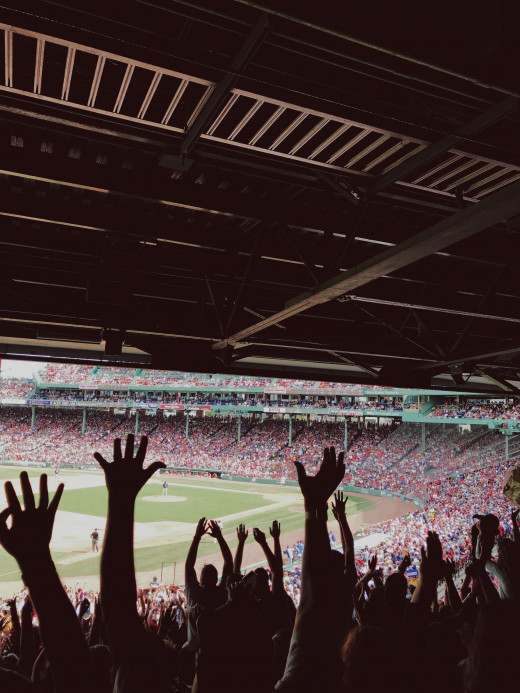
Mistake #2
After the numbness wore off of the initial blow of delaying, or possibly cancelling the 2020 baseball season, the league teased fans with possibly salvaging the season by canceling a few games and getting on the field to make it at least close to a full schedule. Some dates were tossed around; mid-May, sometime in June, after the planned All-Star break. It could have happened. The holdup? Money.
Just as millions of Americans were struggling financially after their jobs closed down, a sport made of mostly millionaires was haggling over money. Despite lack of income per game from ticket or concessions sales, players demanded a full, pro-rated salary. Then they haggled over how many games to play. More games meant more money, while few games meant a slimmer payroll. Both the owners and players were totally tone-deaf to how this was playing out among fans who were wondered how they were going to pay next month's rent.
Mistake #3
The second attack of the “Me Too” Syndrome happened as MLB was planning on returning to play. The out of control Black Lives Matter movement started consuming all sorts of entities; corporations, celebrities, state and local governments, schools and just about everything else. It became a game of woke one-upmanship. Who sent the strongest virtue signals won. As if MLB had learned nothing from the perils of becoming “woke” from the NFL, baseball initiated a slew of virtue signaling measures from uniform patches, to pre-game ceremonies, to on the field stencils and other appeasement vehicles. When fans tuned in to watch their team engage in the national pastime, they were bombarded with social justice bombs that basically turned their much anticipated entertainment into a political advertisement. They also allowed their players to kneel during the National Anthem without penalty. Proving once again, that they were napping when the NFL got hammered for the same.
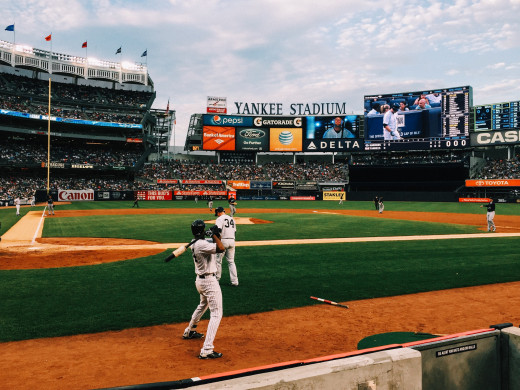
Mistake #4
At the start of the season, many people were still under some sort of lockdown and spending unprecedented amounts of time at home. Fans could not attend games in person, so it was either radio or television for catching the game. This was MLB's big chance to give their fanbase a shot of human growth hormone and lift the blackout rule that prevents MLBTV or other venues from broadcasting the game in local markets. This rule makes little sense during normal times, but by lifting the blackout during the 2020 season, it offered the sport a chance to capture new fans. Major League Baseball failed miserably.
Can Baseball be Saved?
Those four mistakes pretty much turned what could have been a semi-normal 2020 baseball season, into one that many fans wish they would just go ahead and cancel. In fact, the blowback is already underway. Many fans, like myself, have cancelled their MLBTV and MLB.com subscriptions. If I want to hear all about social justice, I'll watch CNN. When I watch baseball, I want baseball and only baseball. Now, instead of growing their fanbase, MLB is losing fans. Can the sport survive that? It's being debated in baseball circles now.
Despite several miscues that ruined the 2020 MLB season, there are several things MLB could to do to rectify their slew of bad decisions and make baseball more robust, satisfy their current fans and grow the fanbase in 2021. Forget 2020, it's history. Here are 3 ways MLB can redeem itself in 2021.
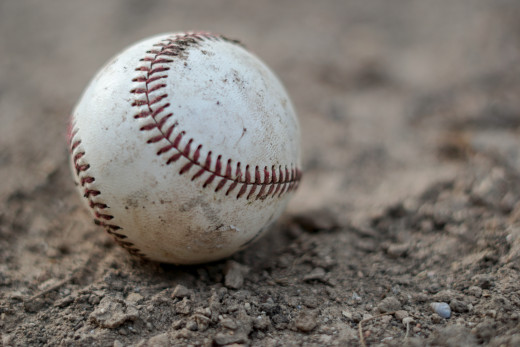
Measure #1
Major League Baseball needs to issue a statement, released to all media, addressed to its fans stating that: In a moment of weakness and in a bid to be relevant, they made a colossal mistake by using the sport of baseball as a virtue signaling vehicle and allowing Black Lives Matter and other social justice warrior groups to hijack our national past time. Then they should beg for forgiveness and promise to never get caught up in a contest of wokeness again.
Measure #2
Make MLBTV free to anyone for the entire 2021 season and lift all blackout restrictions. Allowing fans to view baseball unfettered by the blackout or price tag is a gesture that will not only be popular with current fans, but likely create new ones.
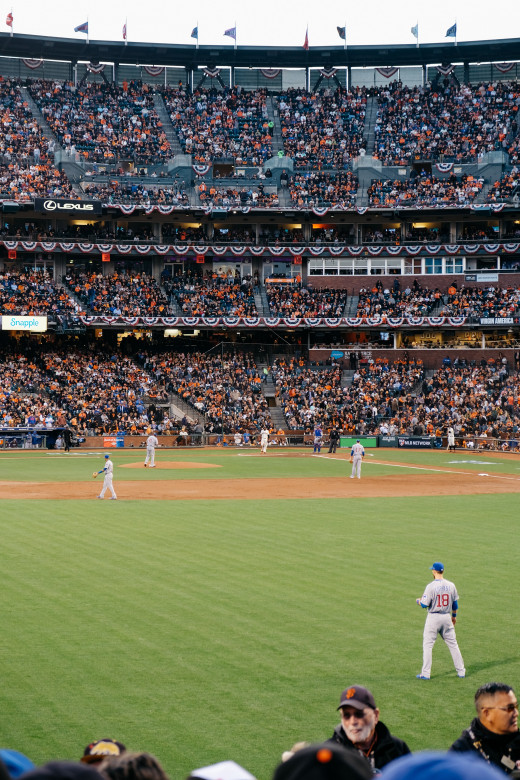
Measure #3
Retroactively fine all players who knelt during the National Anthem during the 2020 season. Suspend any players who kneel in subsequent seasons for 10 games on the first offense, the entire season for the second offense and banned from baseball for the third event.
Measure #4
Cut ticket and concession prices by 50% for the 2021 season. Players may have to take a temporary pay cut to make that happen, but considering their astonishing display of greed in 2020, it is the least they can do.
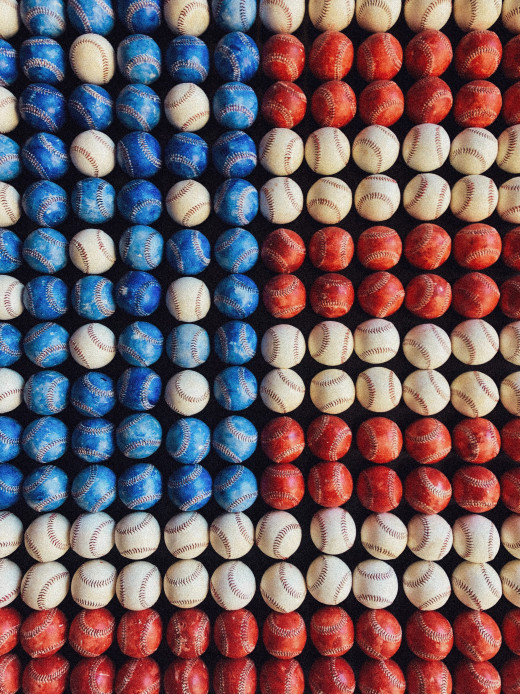
Hope for the Best in 2022
The 2020 season is history, even if it is played as planned. The 2021 season could be the season of redemption that MLB desperately needs. Putting the aforementioned measures into place will hopefully allow Opening Day 2022 to be a return to normalcy. America needs baseball, but baseball needs America more. Will they blow it? Likely, but let's hope for the best.

